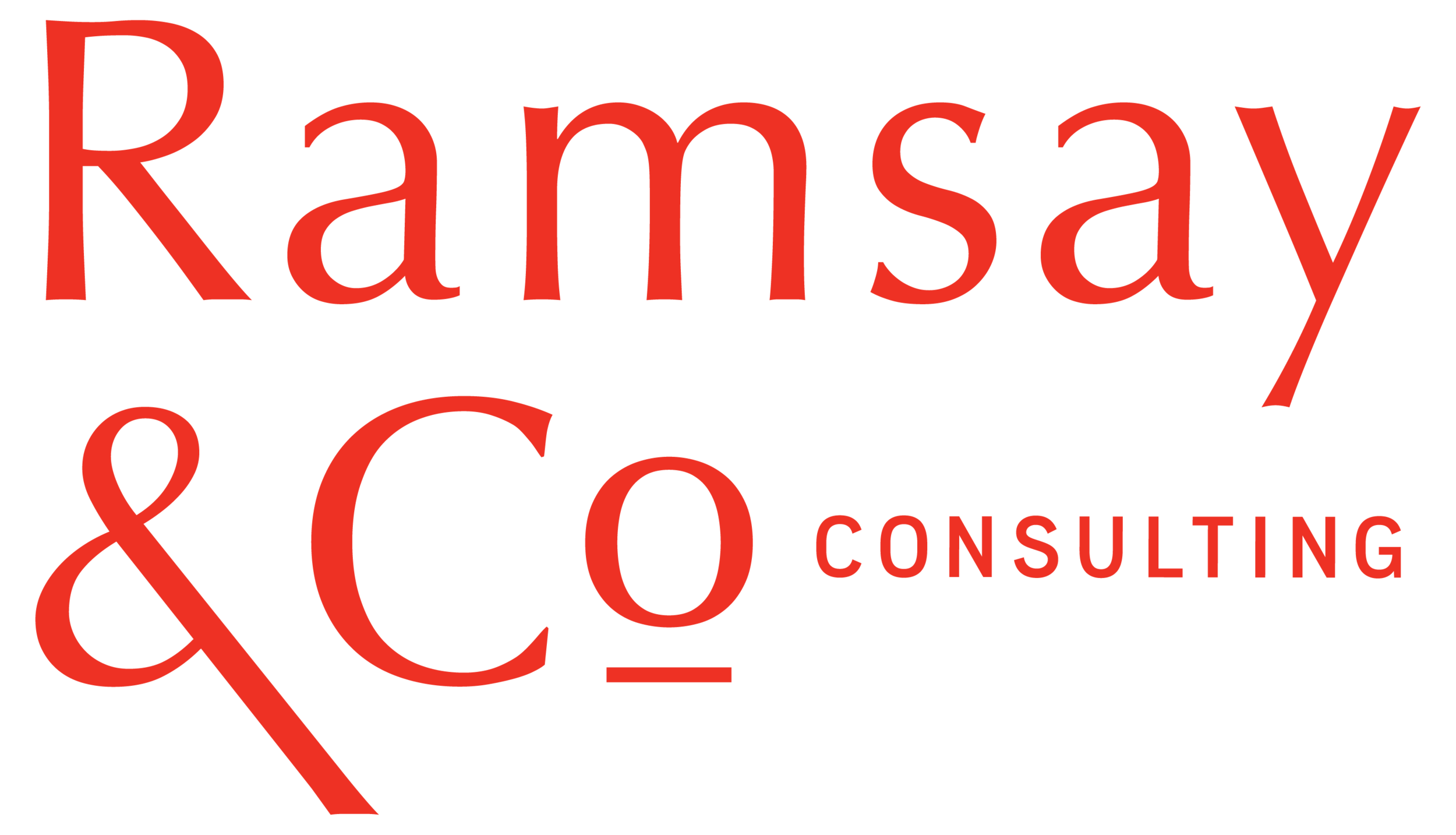#100 - Why Stories Are a Healing Art
This is my 100th missive to you about the power of storytelling, brand marketing, and how to share your unique story with the world around you. I almost always find myself introspective at milestone moments like this. And they almost always leave me thinking about the reasons why I started this newsletter—why I think storytelling matters in each of our lives.
And this 100th newsletter post (with a whole new setup and format) is no different. As luck would have it, I also finished reading Women Who Run With the Wolves for the first time last week after years of reading (this is the type of book you read slowly and go back to often—I’ve already re-read an early chapter in the past few days). If you’re new to the newsletter, I’ve written about an important lesson I gained from the book about stories before. In one of the very last chapters of the book it’s writer, Dr. Clarissa Pinkola Estés, talks about stories as a healing art. They aren’t just powerful tools of communications but of medicine.
I read that sentence and had to put the book down and just absorb it. Because perhaps that is the most true reason why stories matter I've ever heard and why I write this newsletter to you every week. Because through stories we connect, we understand each other better, and we heal. She describes handing down stories as a responsibility and I couldn’t agree more. That is why when I think of stories and when I write about them and when I help others understand theirs and share them, I think of those bundles of ideas, words, images, and sounds as something sacred.
So I guess I also write this newsletter to be a source of healing. You may notice I very rarely dive into the news of the day in this newsletter. The “hard stuff.” Not because it doesn’t plague like it does all of us, but because I want to focus on healing. On sharing what I’ve seen and helping others do the same so we can find some semblance of sense in a world that can often feel chaotic and fear-filled.
But that’s not to say it’s easy, Estés also notes that mining and sharing stories from our lives come with discomfort. I think we are all in our own ways moving through a season of discomfort for a myriad reasons but the light in it for me are the lessons we will share through our stories and the healing we will promote as we do so. So yah, I guess that’s why I spend most weeks thinking about stories and then Thursdays (or Sundays and sometimes even Mondays 😬😑) writing about them and sending this love letter about them to you.
Mainly because I want you to explore your stories, know them, and share the ones that feel right with others. Whether they are stories about your life, your business, an idea, a path you’re on, or just the way your one-year-old daughter smiles and gobbles strawberries like they’re ambrosia. Because all of those stories matter.
Estés ends the book with a note I want to share with you.
She says,“I hope you will go out and let stories, that is life, happen to you, and that you will work with these stories from your life—your life—not someone else’s life—water them with your blood and tears and your laughter till they bloom, till you yourself burst into bloom. That is the work. The only work.”
What a way to end a book right? I think it’s a great way to honour 100 notes about the healing art that is storytelling. I hope you’ll share this missive with someone who may need to hear it and I’d love to hear your thoughts on why stories matter in the comments. You can also still hit reply and let me know your thoughts directly so feel free, though it’d be great if you’d share it with the class in the comments too 🤓
A Story Well Told
Hey, have you heard of this great show called Downton Abbey? Kidding. I know, I’m late. But I spent much of the long weekend in Canada binge watching season one (I don’t celebrate Canada Day so I had a whole weekend of free time to fill). I have always heard it was good and had it on my list for a while, but to be honest, I wasn’t interested in a bunch of rich British aristocrats at that period of world history (ummmm they are barrelling down on two world wars at the turn of the century, no thank you). But on a whim (and algorithmic pressure from Netflix because of the new movie), I tried it and find myself totally drawn into the lives, cares, and quiet dramas of the Crawley family and their domestic staff. The social economic interactions and realities are actually interesting to watch in the context of shifting views around work in today’s world. But this isn’t me recommending Downton Abbey, though it is a brilliantly told story and Maggie Smith’s dramatic lip purses and stone-faced stare downs are truly a masterclass in subtlety that screams, I am actually recommending giving a story you’ve been putting off or avoiding a try. It may surprise you and even it isn’t brilliant and delicious, it’ll leave you with something and that in itself is quite powerful.
Chantaie Allick
Writer|Strategist|Storyteller
Thanks for reading Adventures in Storytelling!
Subscribe for free to receive weekly insights and resources for better communication through storytelling.


